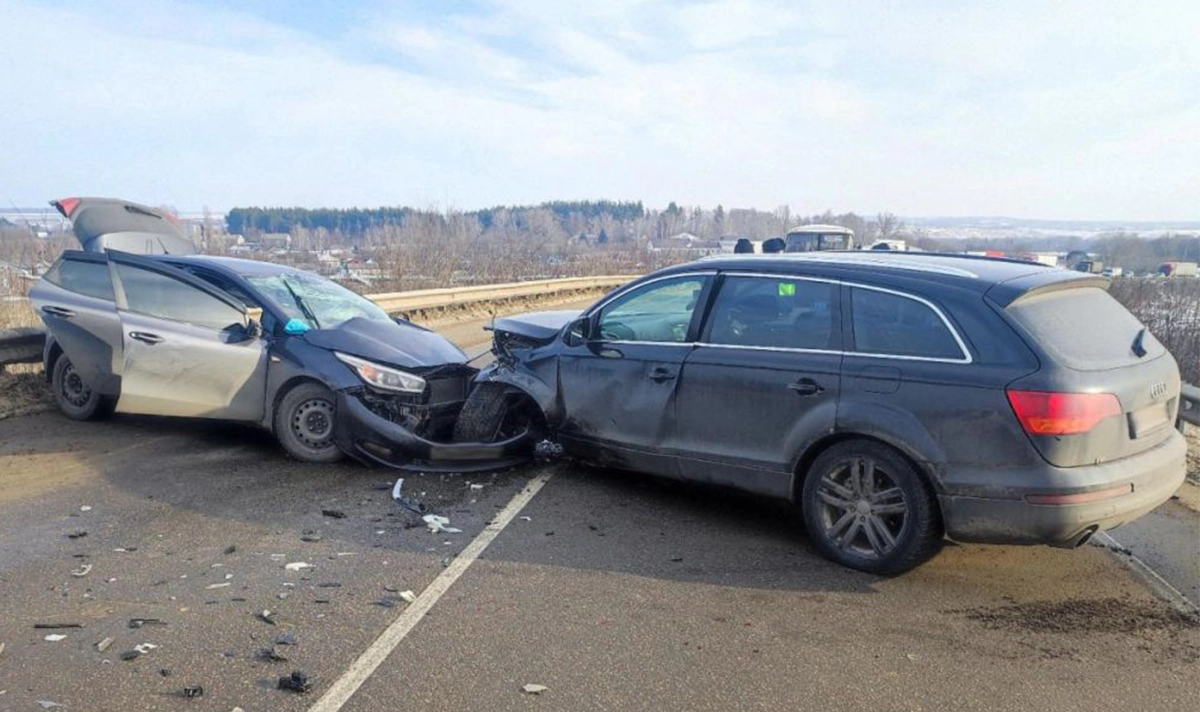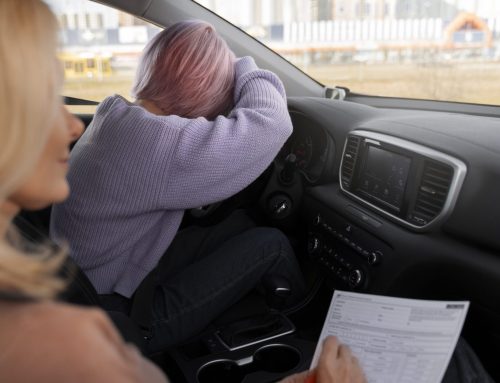A Driver Failed to Yield the Right of Way and Caused an Accident: What Next?
When a driver fails to yield the right of way and causes an accident, the consequences can be severe for all parties involved. Understanding your rights and the legal implications of such an incident is crucial. This guide will walk you through the essential steps you need to take, the legal consequences that may follow, and how Traffic Paralegal Services can help you navigate this challenging situation.
What is Failing to Yield the Right of Way?
Failing to yield the right of way refers to situations where a driver does not allow another vehicle or pedestrian to proceed when they have the legal right to do so. This can occur in various scenarios, such as at intersections, when merging into traffic, or when making turns. Failure to yield resulting in an accident often involves one vehicle colliding with another due to the driver’s negligence in following traffic laws.
Legal Consequences of a Failure to Yield Accident
When a failure to yield causing an accident occurs, the at-fault driver may face significant legal consequences. These penalties are designed to hold drivers accountable for their actions and to deter similar behavior in the future.
Penalties and Fines
In Ontario, failing to yield the right of way is governed by Section 136 of the Highway Traffic Act (HTA). This section outlines the requirements for yielding at various types of intersections and right-of-way situations, including stop signs, yield signs, and uncontrolled intersections.
If you are found guilty of a failure to yield causing an accident, the penalties can be severe and may include the following:
- Fines: Under Section 136 of the HTA, the fine for failing to yield the right of way ranges from $60 to $1,000, depending on the circumstances of the offence. In cases where the failure to yield results in an accident, the fine can be at the higher end of this range, especially if there are aggravating factors, such as causing bodily harm.
- Demerit Points: A conviction for failing to yield to oncoming traffic or at any other designated right-of-way situation will result in 3 demerit points being added to your driving record. Accumulating demerit points can lead to further consequences, such as potential license suspension.
- License Suspension: In more serious cases, particularly where the failure to yield resulting in an accident causes significant injury or repeated offences occur, your driver’s license could be suspended. The length of the suspension will depend on the severity of the incident and your prior driving record.
- Impact on Insurance: Beyond the penalties directly imposed by the courts, a car accident failure to yield ticket will likely lead to a significant increase in your auto insurance rates. Insurers view such offences as indicators of high-risk driving behavior, which can result in surcharges or even denial of coverage.
How to Determine Fault in a Failure to Yield Accident
Determining fault in a failure to yield causing accident is a critical step in the aftermath of a collision. Fault is typically established by examining the circumstances of the accident, including traffic signals, road signs, and witness statements. In some cases, traffic cameras or dashcam footage may also be used to determine which driver failed to yield to oncoming traffic or failed to yield the right of way.
Dealing with Insurance After a Failure to Yield Causing Accident
After an accident, dealing with insurance companies can be a daunting task. It’s essential to understand your rights and responsibilities when filing a claim. If the other driver fails to yield right of way and causes an accident, their insurance should cover the damages. However, disputes over fault or the extent of the damage can complicate the process.
- Notify your insurance company immediately after the accident.
- Provide detailed information about the incident, including the police report and any evidence gathered at the scene.
- Be cautious when discussing fault with insurance adjusters, as your statements can impact the outcome of your claim.
Situations that Warrant Legal Action
In some cases, pursuing legal action may be necessary to recover damages or protect your rights. This is especially true if the insurance company denies your claim or if you’ve suffered significant injuries. Legal action may also be warranted if there are disputes over who was at fault in the failure to yield right of way accident.
Benefits of Hiring Traffic Paralegal Services
Engaging the services of Traffic Paralegal Services can be invaluable if you’re facing a failure to yield right of way charge or dealing with the aftermath of an accident. Our experienced team can:
- Represent you in court, challenging any unfair charges or penalties.
- Provide expert advice on the best course of action to protect your driving record and minimize the impact on your insurance rates.
By hiring Traffic Paralegal Services, you’re ensuring that you have professional support to navigate the complexities of traffic law and insurance claims.
Preventing Failures to Yield Resulting in Accidents
Preventing accidents caused by failure to yield to oncoming traffic is essential for maintaining road safety. Here are some tips to help you avoid being at fault in such incidents:
- Always be aware of traffic signs and signals that dictate the right of way.
- Slow down and prepare to stop when approaching intersections, even if you have the right of way.
- Yield to pedestrians and cyclists, who may have the right of way in crosswalks or bike lanes.
- Exercise extra caution when turning left or merging onto busy roads.
By following these tips, you can reduce the risk of causing a failure to yield right of way accident and ensure that you’re driving safely and responsibly.
Conclusion
Being involved in a failure to yield causing accident can be a stressful and complicated experience. However, understanding the legal implications and taking the right steps afterward can make a significant difference in the outcome of your case. Whether you’re facing a car accident failure to yield ticket or dealing with insurance claims, Traffic Paralegal Services is here to help you navigate this challenging situation. Contact us today to learn more about how we can assist you.









Leave A Comment
You must be logged in to post a comment.